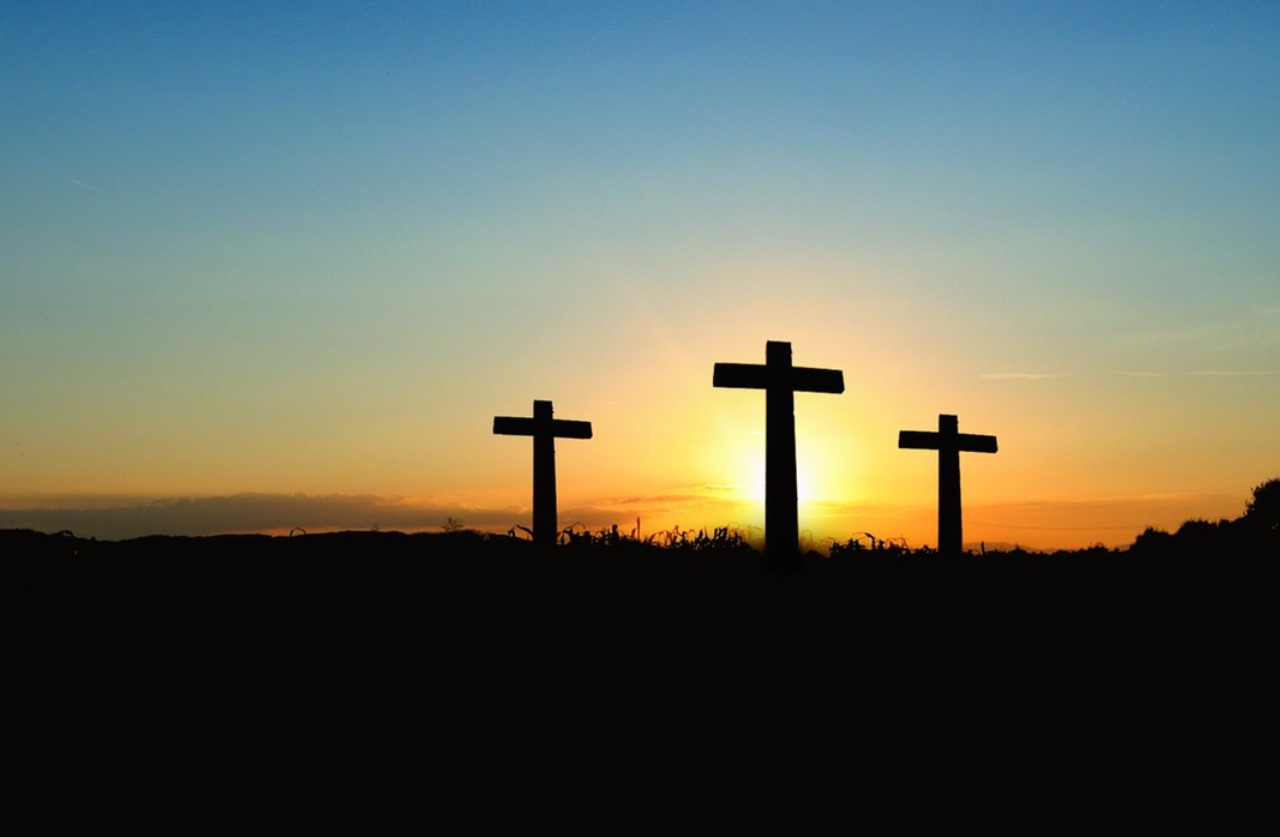“That Jesus of Nazareth died upon a cross is mere matter of history; that He who did so die was the Christ the Son of God is entirely a matter of revelation.” ~ Sir Robert Anderson
Major “unthinkable” events have happened throughout history. Tragedies such as the Titanic sinking, the attack on Pearl Harbor, John F. Kennedy being shot, the Challenger Disaster and the 9/11 terrorist attacks represent just a few “unthinkable” events of the past 100 years. In the days before each of these events, no one was thinking such a tragedy could ever touch their life. For many of us, we have experienced our own personal “unthinkable” events. Every detail of those days is forever etched in our memory. The Apostle John late in life reflects back on his days with Jesus just before the crucifixion. Jesus entered Jerusalem on Palm Sunday to a cheering crowd and the idea of him being crucified that Friday was truly unthinkable. John records his account of those days beginning in John chapter 12. In verse 16 he frames his perspective on the events of Passion Week as something he sees more clearly now as he looks back.
His disciples didn’t understand at the time that this was a fulfillment of prophecy. But after Jesus entered into his glory, they remembered what had happened and realized that these things had been written about him. (John 12:16)
John includes himself when he reflects on how “His disciples didn’t understand”. Have you ever gained a clearer perspective looking back years later about something that didn’t make sense at the time? Leading through uncertain or difficult times is a big challenge. Leading people through the “unthinkable” can be overwhelming for a leader. There is no way to prepare for it apart from building your character and resolve to overcome. Being intentional about your role and responsibility as a leader and growing in your leadership capacity will carry you through difficult times. As the leader, you will need to bring hope to the circumstances. Hope is a firm foundation for navigating challenging times.
Good Friday didn’t seem so “good” at the time. It was a horrible day for those who watched an unthinkable nightmare unfold. God was in control however and His purpose was being accomplished. For the Christian leader, Good Friday and Resurrection Sunday represent their foundation of hope. They remind us that God has an eternal plan and He can take “all things” and work them together for good. Even “Good” Friday. When the world reflects back on “unthinkable” events, they see evidence of how it could have been avoided. As John writes his account of the final week in the life of Jesus on earth, he sees evidence of God working to accomplish His eternal plan. No matter how bad things seem on Friday, always remember Sunday is coming! May God bless you and encourage you today. It is a Good Friday.

